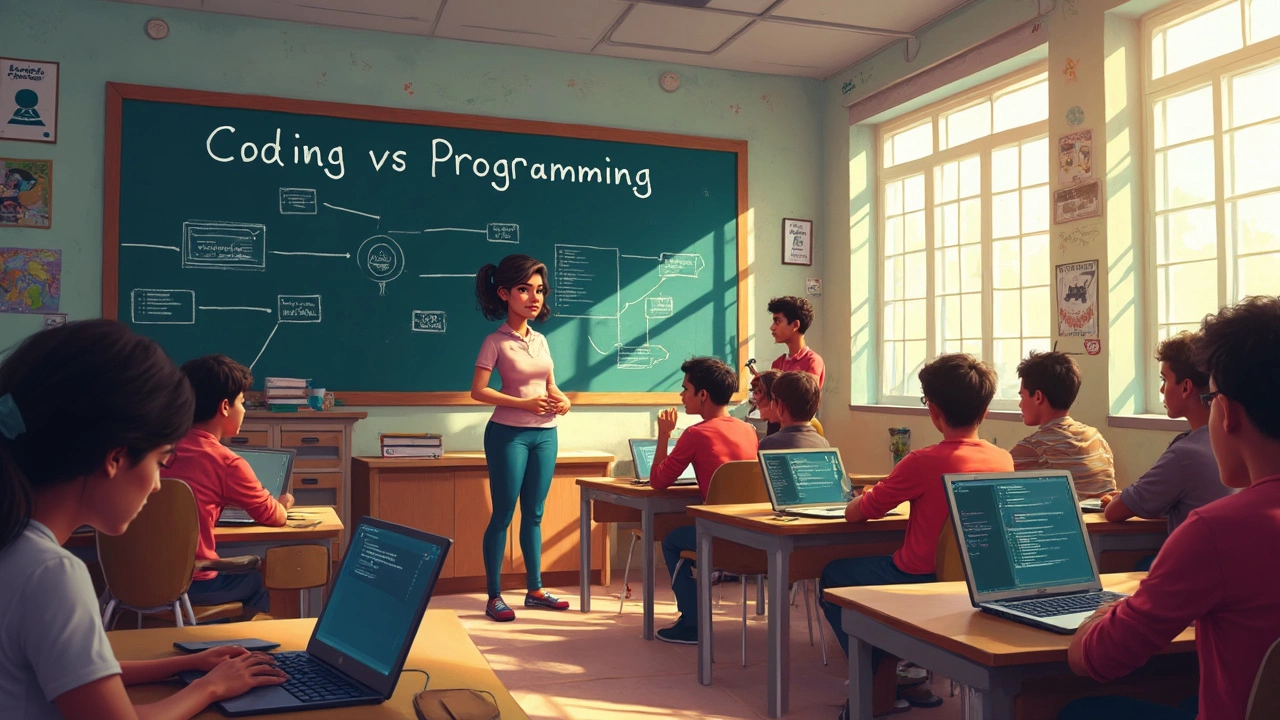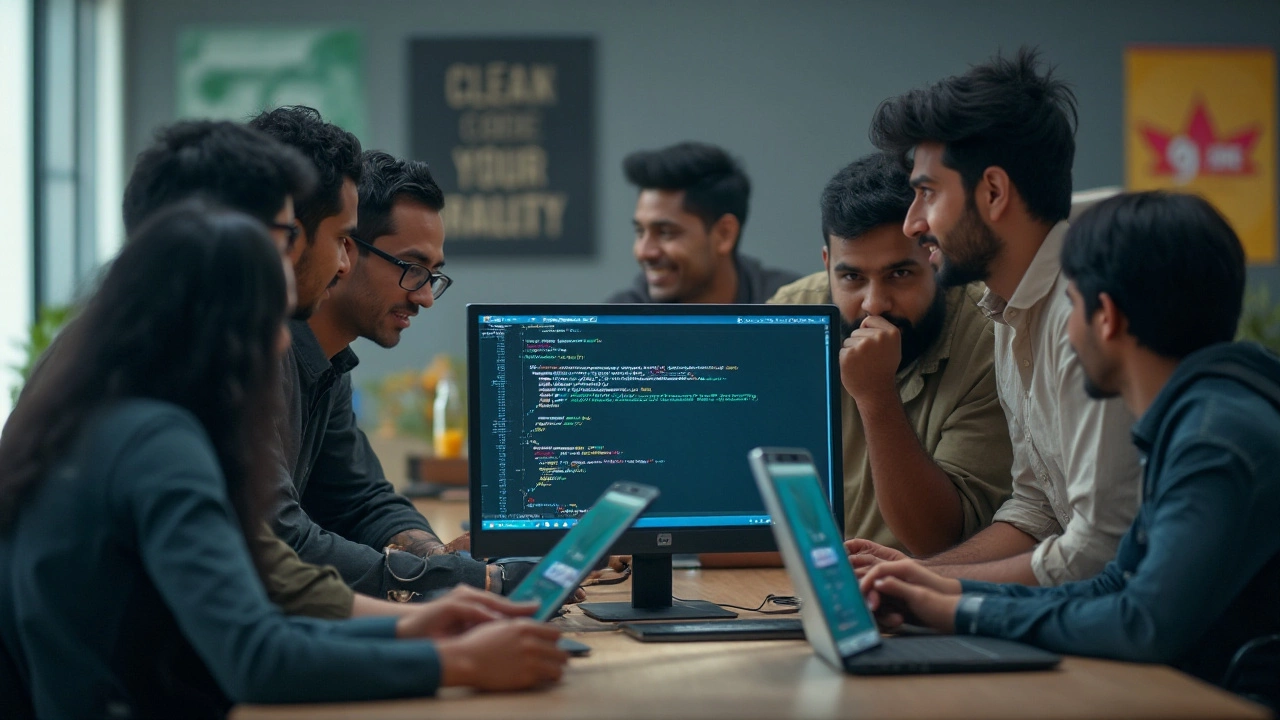Coding looks complicated from the outside, but the learning curve isn't as scary as people think. This article breaks down why coding feels hard for beginners, common mistakes, and how to make it easier. You'll get tips that actually work and real stories from people who started with zero experience. By the end, you'll know which paths are worth trying and what pitfalls to avoid when starting out.
Stuck deciding whether to start with Python or HTML? This article helps you break down what each language does, where they shine, and how your goals shape the best starting point. Find out which one lines up with your learning style, career plans, and what feels less intimidating if you’re just getting your feet wet. Plus, snag some simple tips and facts that could save you from picking the wrong path. This is your no-nonsense guide to kicking off your coding journey.
You don’t need a huge budget to learn how to code. Tons of websites and platforms let you get started with zero up-front cost. The real challenge is figuring out what actually helps beginners and keeps you moving forward. This guide breaks down where to start, which resources stand out, and how to make real progress without paying a cent. No tech background or fancy gear required.
Wondering what makes coding different from programming? This article cuts through the confusion and tells you exactly how they compare, what each one really means, and where to start if you want to learn. You'll get clear tips for beginners, examples from real tech jobs, and down-to-earth advice on picking the right path for your goals. Forget the jargon—here's everything you actually need to know if you're looking at coding classes or want a career in tech.
Choosing the first programming language to learn can be daunting. This article breaks down the most popular languages for beginners, considering factors like ease of learning, community support, and current demand. Whether aiming to build websites, software, or dive into data science, there's a perfect starting point for everyone. Learn why languages like Python and JavaScript top the list for newcomers.
Is being good at math necessary to become a coder? This article explores the connection between math skills and coding, busting some common myths. It provides practical insights into when math knowledge is essential and when it's not. We offer useful tips for beginners who may not be math wizards but still want to dive into programming. Discover how coding is more accessible than you might think!
Learning to code varies greatly from person to person, heavily influenced by dedication, the programming language chosen, and learning methods. A beginner might take anywhere from a few months to years to feel comfortable coding, depending on their goals and commitment. Whether it's through online courses, bootcamps, or self-study, the journey can be tailored to fit individual schedules and learning styles. Consistent practice and understanding the basics are key to progressing. Coding is a skill that involves ongoing learning, making the journey as important as the destination.
Coding and math go hand-in-hand to some extent, but the level of mathematical knowledge required varies with the kind of coding work. While basic arithmetic is essential, most coding tasks focus more on logic and problem-solving skills. This article helps clarify where math fits in the coding world and offers practical insights for those learning to code.
The golden rule of coding emphasizes the significance of writing clear, understandable code which can be easily interpreted by humans and computers alike. This principle encourages coders to focus on readability and simplicity, ensuring others can effortlessly maintain and adapt the code. By adhering to this key rule, programmers can improve collaboration and efficiency within software development teams. Following specific tips and practices, such as utilizing descriptive variable names and consistent formatting, can greatly enhance code clarity.








